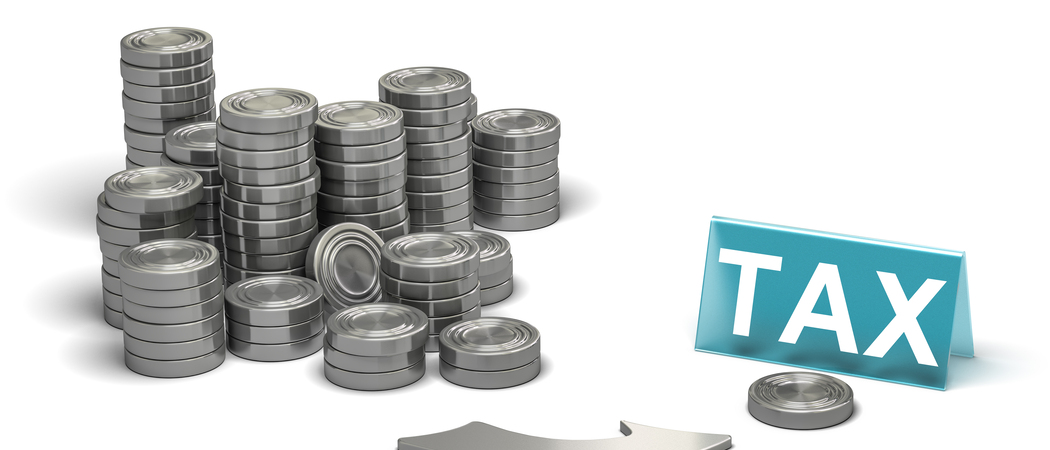
Back taxes are unpaid taxes that have accumulated over time. They can result from an individual or business not filing taxes, not paying taxes on time, or owing taxes after filing. Back taxes can be a major financial burden, leading to serious financial implications such as penalties and interest. It is important to understand what are back taxes, the consequences of not paying back taxes, and to take the necessary steps to get on a payment plan and resolve your back tax debt.
Back Taxes: An Overview
Back taxes are overdue, unpaid, or partially paid due to the government or municipality. Back taxes can result from either not paying taxes on time or underpaying taxes due. The consequences can be serious depending on the amount of back taxes and the time they have been outstanding. Back taxes are a type of debt subject to the same laws as other forms of debt.
The government or municipality is a creditor and has the right to take action to collect the money owed. Depending on the jurisdiction, the government may be able to take legal action to collect back taxes, such as garnishing a taxpayer’s wages or seizing property.
Consequences of Not Paying Back Taxes
Not paying back taxes can have serious consequences. The government or municipality may take legal action to collect the money owed, such as garnishing a taxpayer’s wages or seizing property. Additionally, the taxpayer may be subject to interest and penalties.
The interest and penalties can add up quickly depending on the amount of back taxes and the time they have been outstanding. In addition to financial penalties, not paying back taxes can have a negative impact on the taxpayer’s credit score.
This can make it difficult for the taxpayer to obtain financing for major purchases, such as a car or a home. It can also make it difficult for the taxpayer to obtain loans or even a job. You may consult with a tax consultation service to know more about the consequences.
Ways to Resolve Back Taxes
The best way to resolve back taxes is to pay them as soon as possible. The sooner the taxes are paid, the less likely the government or municipality will take legal action to collect the debt. Additionally, if the taxes are paid promptly, the taxpayer may be eligible for a reduced interest and penalties due. Other options are available if the taxpayer cannot pay the back taxes in full.
The taxpayer may negotiate a payment plan with the government or municipality. This allows the taxpayer to make payments over time, reducing the burden of paying the debt in full. Additionally, the taxpayer may be able to negotiate a reduced amount of taxes due. The taxpayer may also be able to take advantage of tax relief programs. These programs are designed to relieve taxpayers who cannot pay their taxes. Depending on the individual’s financial situation, the taxpayer may be eligible for reduced taxes due or a payment plan.
How Can Taxpayers Avoid Back Taxes?
Taxpayers can avoid back taxes by filing them on time and paying the due amount. Additionally, taxpayers should keep records of their income, deductions, and other tax-related information to ensure they accurately report all income on their tax returns. Taxpayers should consult a tax consultation service if they have any questions or concerns about filing taxes or paying the due amount.
